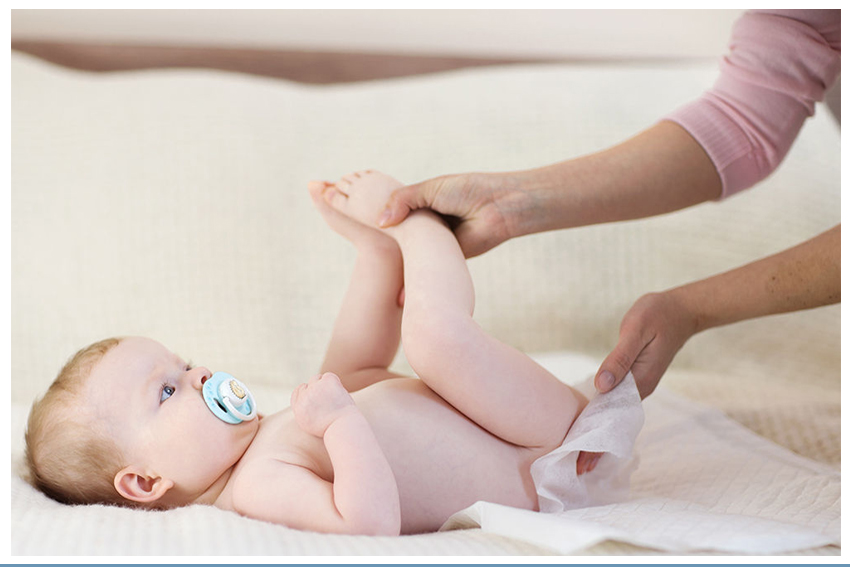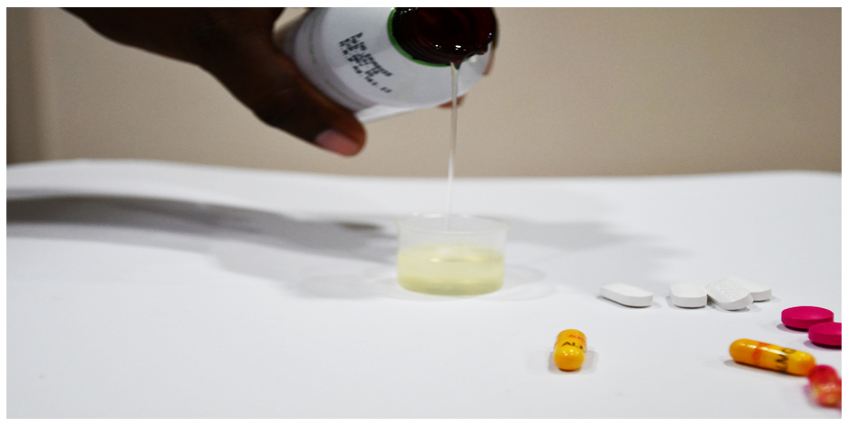What is Constipation?
Constipation is one of the very common complaints associated with gastrointestinal functionalities. The general perception is people who do not pass stool at least once a day are thought to be constipated. The truth is much more complex. Here are the many facts on constipation.
General Symptoms of Constipation
Straining when passing the stool at least 25% of the time when sitting in the toilet
Feeling a blockage when passing the stool.
At least 1/4th of the stool passed is lumpy or hard
The initial stool might be dry and hard to push outside
Having a sense of passing the stool incompletely. This factor can be accompanied by having more than three bowel movements a day. Most of the people (mothers in case of children) confuse this with loose motion. This is more like people passing stools in instalments in a single day. In every single instance of passing stool, they pass hard stool along with some degree of difficulty accompanied with a sense of passing incompletely.
The symptoms outlined should serve as a wake-up call to people and check if they are really constipated. If you think you have any of the two symptoms discussed above, then you may be constipated.
The above symptoms emphasize the point that not passing stool daily alone is not a criteria for constipation. Similarly even people who have regular toilet habits in the morning may be suffering from constipation unknowingly.
Causes of Constipation
Food Habit
This is the number one cause of constipation. A food that is skewed heavily towards carbohydrates and has very less fibre content is a sure thing to cause constipation. Refined flour like maida, polished rice etc, are stripped of their fibre content and hence they need to be avoided. High fibre food (millets, vegetables, greens, unrefined grains like millets, brown rice, etc) are known to promote healthy bowel movement.
Physically Inactive
When you become physically inactive with desk jobs or have become too old that you cannot perform any physical activity, you may become constipated. Some amount of workouts and exercises increases the bowel movement. At least bending and touching your feet for few minutes a day can help trigger a healthy bowel movement.
Some medications
Certain drugs and medications are said to cause constipation. If you have been prescribed these drugs for some other medical conditions for few days, constipation might be short-lived. This is okay. Generally speaking, over-the-counter medication is not recommended at all because any prolonged intake of some medicines can cause constipation. Psychiatric drugs are known to induce constipation.
Some diseases
Underlying medical conditions like Irritable Bowel Syndrome (IBS), hypothyroid, diabetes, certain cancer (particularly of the colon), stroke, etc. can cause constipation. Any previous conventional abdomen surgery can cause constipation.
Certain habits
Not going to the toilet when there is a bowel movement by postponing, not drinking enough water, drinking an excess of beverages with caffeine like colas, coffee, etc. which promotes dehydration, overuse of laxatives, etc. are some of the habits that can induce constipation.

Reasons for Constipation in Women
People who report constipation more are women. Women are generally constipated because of the pelvic shape to bear the child. Young women or girls who have PCOD and other menstrual problems undergo hormonal changes which can cause constipation. If the thyroid is functioning less (hypothyroid), common in women compared to men, can cause constipation.
Reasons for Constipation in Pregnant Women
During pregnancy the weight and size of the baby causes constipation. The growth of the foetus in the uterus compresses the intestine which can slow the movement of food through the intestine causing constipation. During the labor (during the delivery), the pelvic floor muscles stretches to the maximum causing fissure-in-ano. This can lead to constipation or can worsen the already existing constipation.

Reasons for Constipation in Children
Generally poor toilet training
The gastrointestinal tract to develop fully will take 13 years. So digestive power is less. Any new food that is added to the diet can cause constipation. So they are usually constipated till their teen.
Childhood obesity
Reasons for Constipation in Elderly
The intake of the food itself will come down as we age. So when there is less input, the output also reduces. The physical activity as we age also becomes lesser and hence the movement of intestine also becomes sluggish. The body’s metabolism slows as we age. The muscles do not work well to contract as we age. This can result in slow movement of the intestine and can lead to constipation.
Invariably most old people will be taking medications for diabetes and other ailments associated with old age. These medications, in general, can cause constipation.

Managing Constipation
In a majority of cases, constipation can be managed by doing the following
Changing the lifestyle
Including more fibre in the diet
Drinking more water
Working out or getting physical exercises
Only in certain people constipation becomes chronic. Sometimes constipation becomes a regular affair despite trying to manage it. If your constipation becomes unmanageable, you should approach a gastroenterologist for treating your constipation.

Treatment for Constipation
The gastroenterologist will definitely check if any underlying medical condition is causing constipation. If that is the case, then the underlying medical condition would be treated on priority.
The gastroenterologist will also look into the medications you are under for other ailments like high blood pressure, diabetes, any heart conditions, etc. This is because some of the medications, when taken for a prolonged period, can also cause constipation.
After carefully studying your gastroenterologist might recommend you a laxative. Laxatives are used as a last resort by gastroenterologists.

